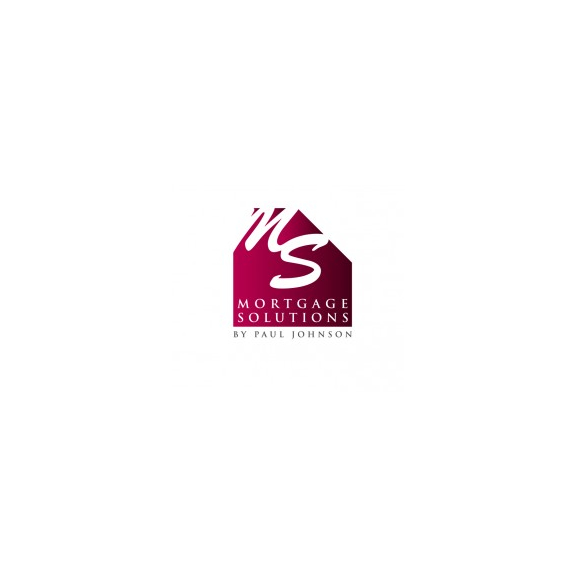
There are so many deals available these days that trying to get a good overview of what’s out there can be completely mindboggling. That’s why so many people wisely choose the option of using an independent mortgage broker, such as Mortgage Solutions by Paul Johnson.
Even before you contact a broker, there are a number of things you should consider to ensure you have all the facts needed when you start the process:
How much deposit can you afford?
It’s worth ensuring that you put down as much deposit as you can afford as this will have a direct effect on the amount you can borrow and the mortgage rate you can secure. At the very least you will need 5% of the full cost of the property you are buying, however lenders will look far more favourably on some with a 10-20% deposit, and you will find there are far more lenders for you to choose from.
How good are your finances?
Before the banking crash, a copy of your most recent payslips to confirm your salary may well have been all that was required to secure a mortgage. These days, things are a little more complicated. Banks are now required to ‘stress test’ your finances to ensure that you would be able to make the mortgage payments even in the event of a 5% hike in the base rate. This includes looking at all your outgoings, from childcare payments to gym memberships and food shopping.
Most crucially when applying for any finance, is your Credit Score. If yours is far from healthy, you will struggle to secure a mortgage or, at best, will only be offered one with a heavily increased interest rate. Before applying for any credit, get a copy of your Credit Score and check it thoroughly. If there are any discrepancies on it, now is the time to put these right, before any credit checks are undertaken.
What type of mortgage should I get?
Your mortgage broker is ideally placed to help you with this decision but most lenders offer a mixture of fixed rate, variable rate and tracker mortgages. Interest only mortgages are still available but these are increasing becoming few and far between. The main decision is whether to tie yourself into a fixed rate in the hopes of avoiding any increase in interest rates or perhaps go with a tracker that tracks the Bank of England base rate (meaning your lender can’t change the interest rate just when they feel like it).
Finally, don’t forget about all those hidden/extra costs…
Moving house, even if it’s into your first house, is an expensive time. As well as Solicitor’s fees, stamp duty and possibly removal costs, you also need to consider that your mortgage provider will charge a ‘set-up’ fee (which can be anything up to or above £1,000). They also pass on the surveyor’s fee.
Given that the mortgage market is such a minefield, why not get some professional advice from Mortgage Solutions by Paul Johnson. Not only will you save yourself the time and effort of looking for the perfect mortgage, but you could also end up saving thousands of pounds by getting the right deal for you.
The following Cookies are used on this Site. Users who allow all the Cookies will enjoy the best experience and all functionality on the Site will be available to you.
You can choose to disable any of the Cookies by un-ticking the box below but if you do so your experience with the Site is likely to be diminished.
In order to interact with this site.
To help us to measure how users interact with content and pages on the Site so we can make
things better.
To show content from Google Maps.
To show content from YouTube.
To show content from Vimeo.
To share content across multiple platforms.
To view and book events.
To show user avatars and twitter feeds.
To show content from TourMkr.
To interact with Facebook.
To show content from WalkInto.